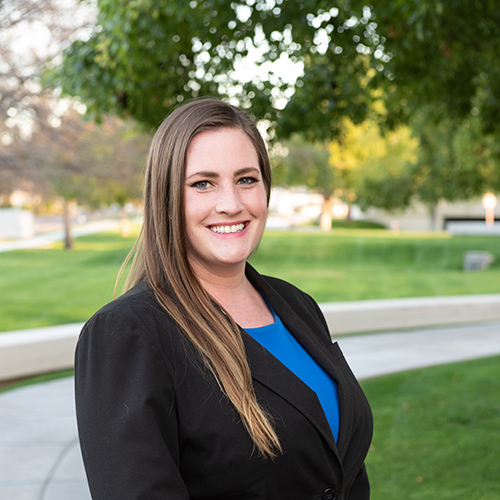Divorce
Divorce is the legal process of dissolving your marriage. It is also typically referred to as a dissolution of marriage action. It is easiest to dissolve a marriage when both parties agree on how to divide their assets, debts, legal decision-making (custody), parenting time, child support, and/or spousal maintenance. This is called an uncontested divorce.
Divorce becomes difficult when it is contested. Contested means that both parties do not agree on one or more issues, including the division of assets/debts, legal decision-making (custody), parenting time, child support, and/or spousal maintenance. If the parties agree on most of the issues but still do not agree on all, then it is still contested. For contested issues, the parties normally start with mediation before seeking a trial. However, trials are necessary. The most commonly disputed issues are legal decision-making and spousal maintenance.
An uncontested divorce is filed by one party (the Petitioner) and the other party (the Respondent) is the opposing party. It does not benefit either party to be the party who starts the divorce and which party responds and does not indicate who is going to “win”. There are no winners in divorce.
Once a Petition for Dissolution action is filed, the opposing party is served the Petition and accompanying documents and required to respond within twenty (20) days unless they reside outside the State of Arizona. In that case, their response would be due in thirty (30) days. There are also other requirements in the documents served including a Preliminary Injunction and in cases with children, a requirement that you both attend a court-approved parenting program class.
In an uncontested divorce, it is normally completed where neither party is required to appear in Court. Lewis Labadie can assist in preparing the documents necessary to complete an uncontested divorce or give you advice on which avenue you wish to take.
Miscellaneous terms in Divorce
No-fault state
Arizona is a no-fault state. Neither party has to prove that one party is at fault for the divorce.
Community Property
Arizona is also a community property state meaning that any assets or debts acquiring during the marriage are community property. It doesn’t matter whose name the asset or debt is in, it’s divisible to both. This includes one person’s 401(k) account or a vehicle titled in only one person’s name. Contact Lewis Labadie to discuss your rights in relation to assets and debts and how to divide an asset like a 401(k) or real estate acquired prior to the marriage.
Legal Decision
Making -In a divorce case, the Court has to determine who will have legal decision-making (previously called custody) of the parties’ children. One person could be awarded sole or the parties could be awarded joint. Legal Decision-Making is the ability to make educational, religious and medical decisions for the child. Contact Lewis Labadie to discuss how legal decision-making might be awarded in your case.
Parenting Time
The Courts in any action of divorce have to award parties’ parenting time with the children. There are many times of Parenting Time schedules. Some people prefer every other weekend and some holidays; others prefer a 50/50 with a week on/week off schedule or a 4/3/3/4 or 2/2/3 schedule. Every family is different. The parenting time schedule does not automatically define legal decision-making.
Child Support
Child support is calculated based on Arizona guidelines. It is different in every case and sometimes people think that they are paying different child support than their friend or cousin. It is based on each party’s income, parenting time, child care, and medical insurance costs.
Medical Insurance
The Court will determine which party will be responsible for covering the child(ren)’s medical, dental and vision costs. The party response will receive a credit in the child support calculation.
Tax Exemption(s)
The Court will determine who will receive the income tax exemption(s) for the child(ren) and how often, based on income.
Paternity
When a child is born prior to the parties’ marriage, the Court will determine paternity of the child, even if the Father is listed on the birth certificate, the Court needs to affirm paternity in a divorce action.
Brittany Labadie is the Managing Partner at Lewis Labadie. She has been working with Lewis Labadie since it opened. Her current focus is with adoption cases, including juvenile adoptions, adult adoptions, foster care adoptions, same-sex adoption, surrogacy adoptions, and when necessary termination of parental rights. She works throughout the State of Arizona.




